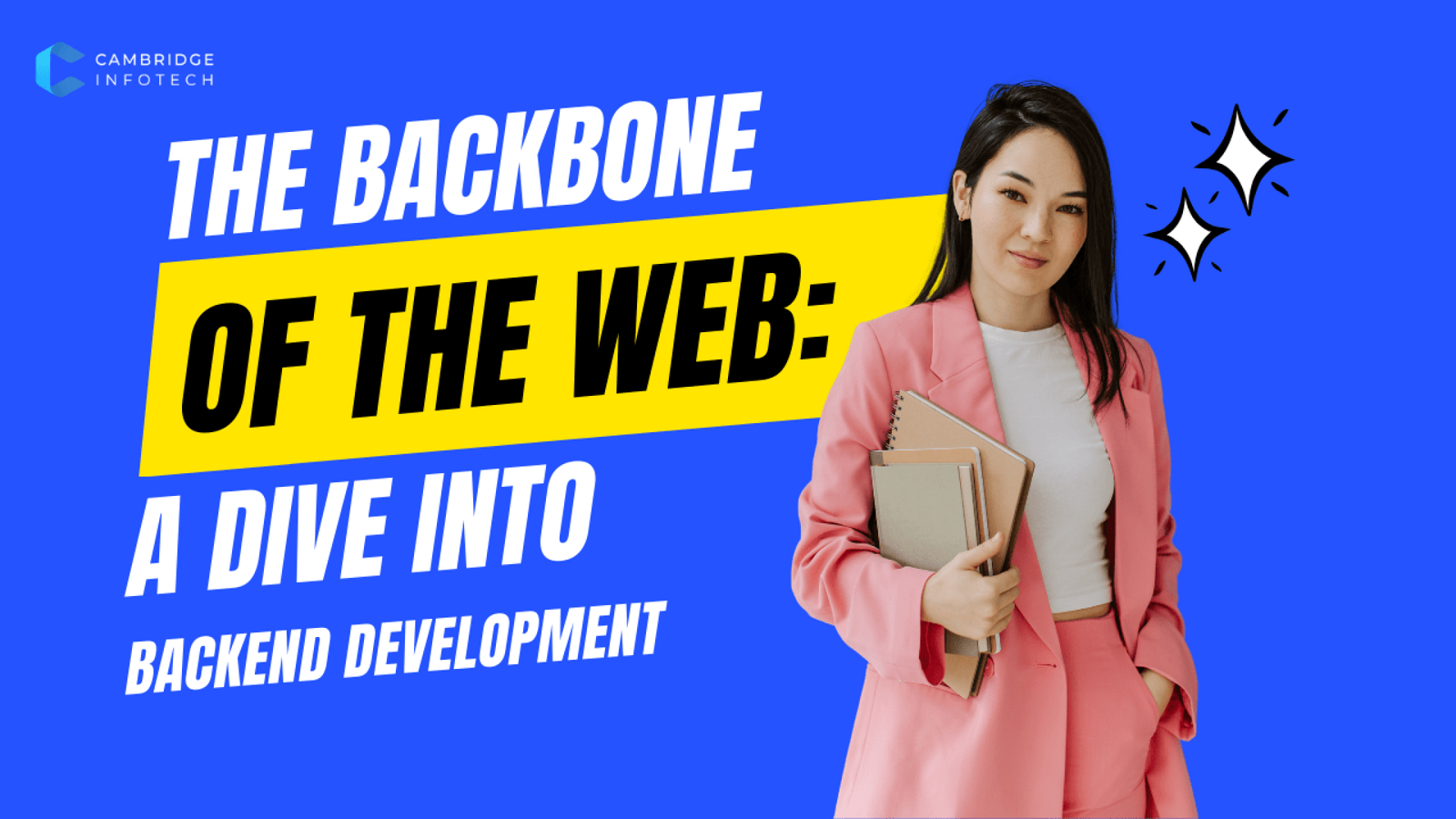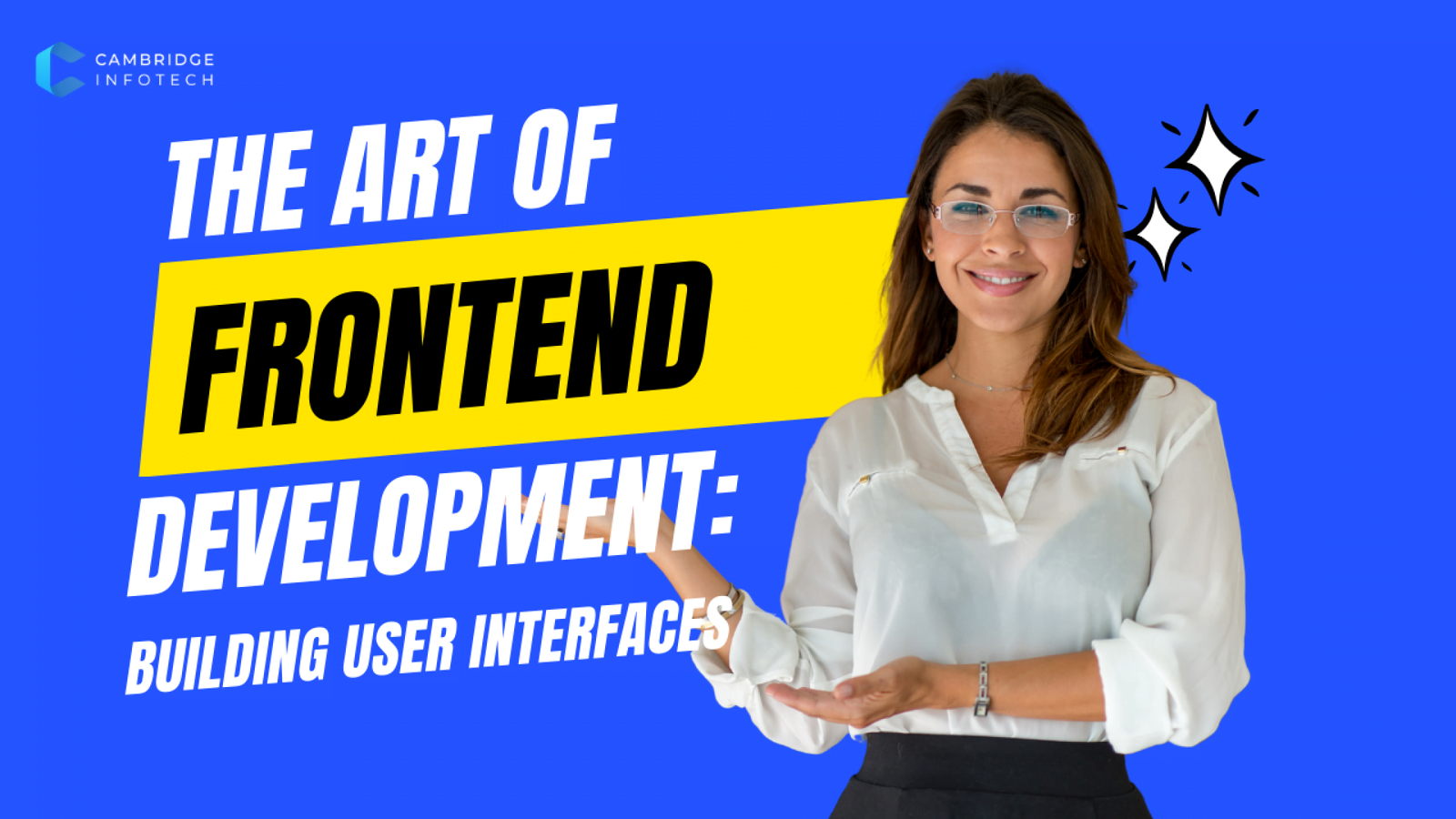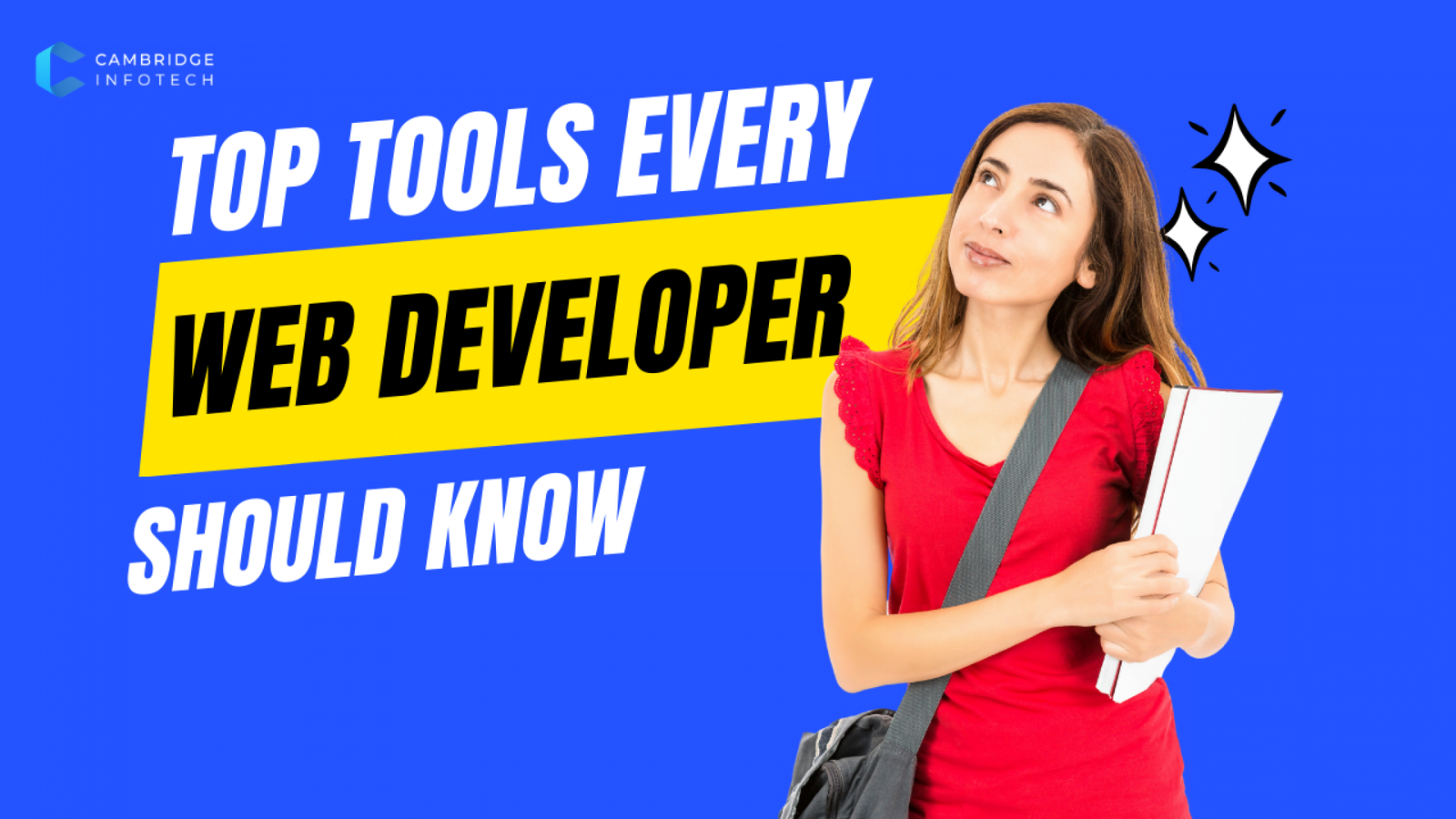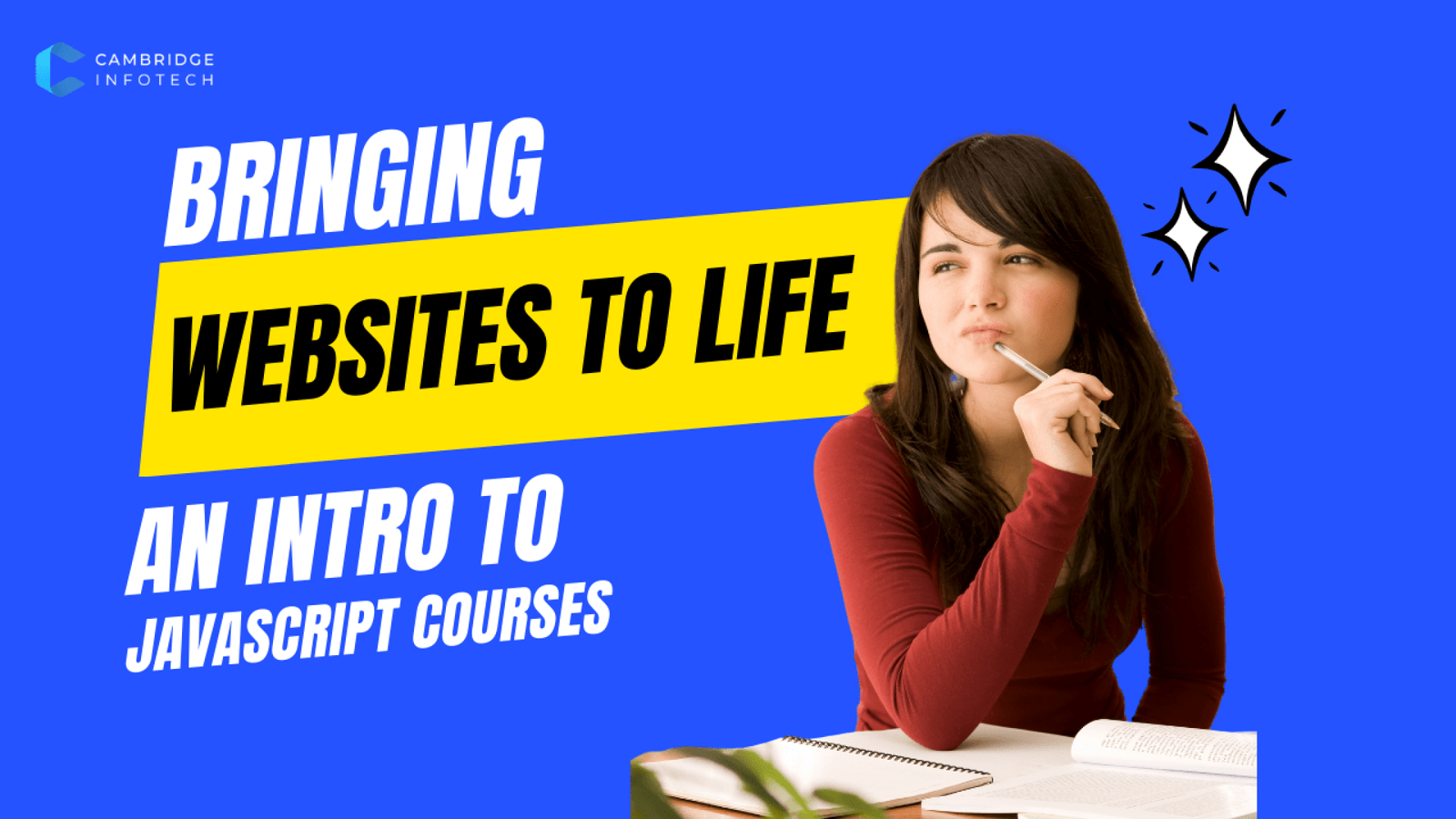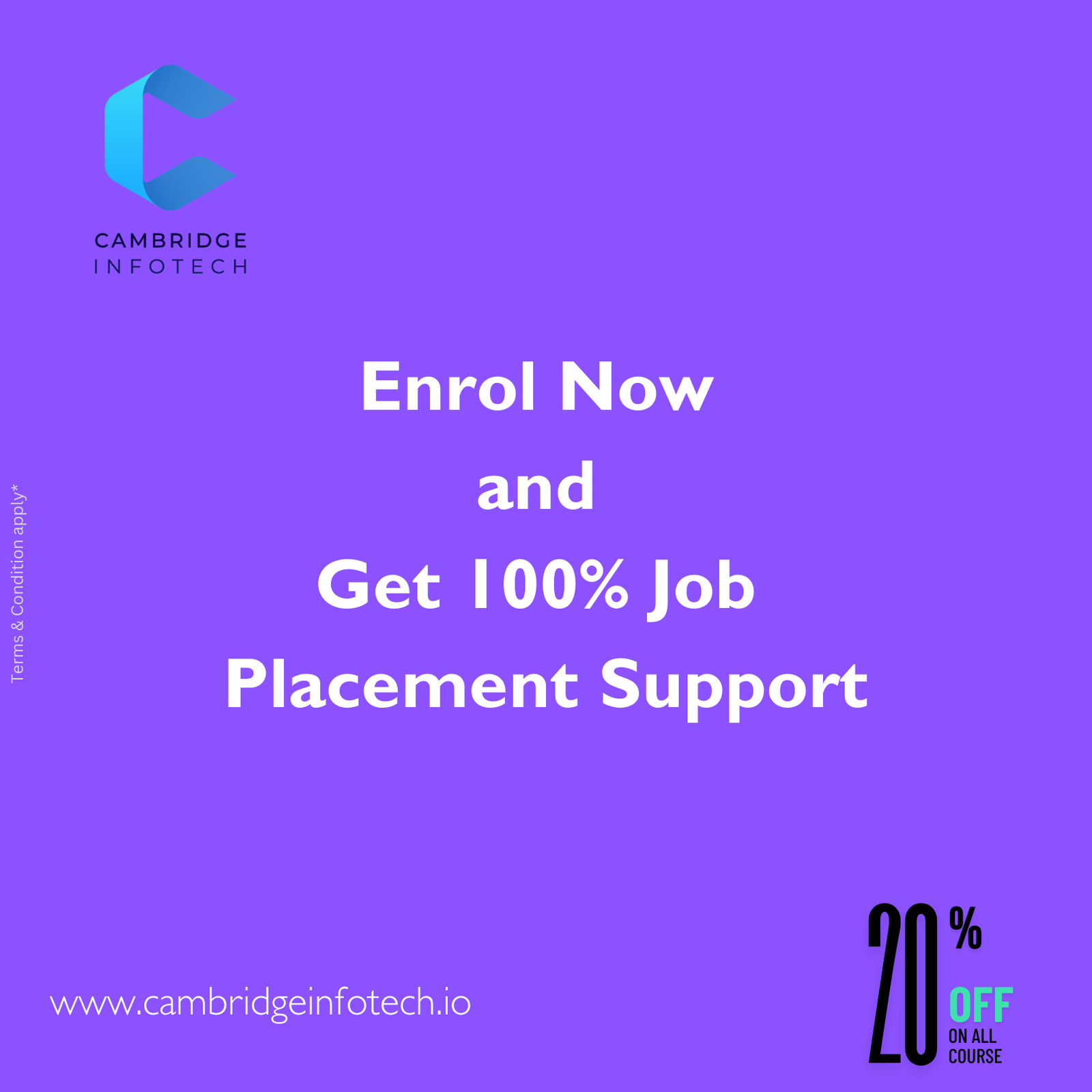Currently Empty: ₹0.00
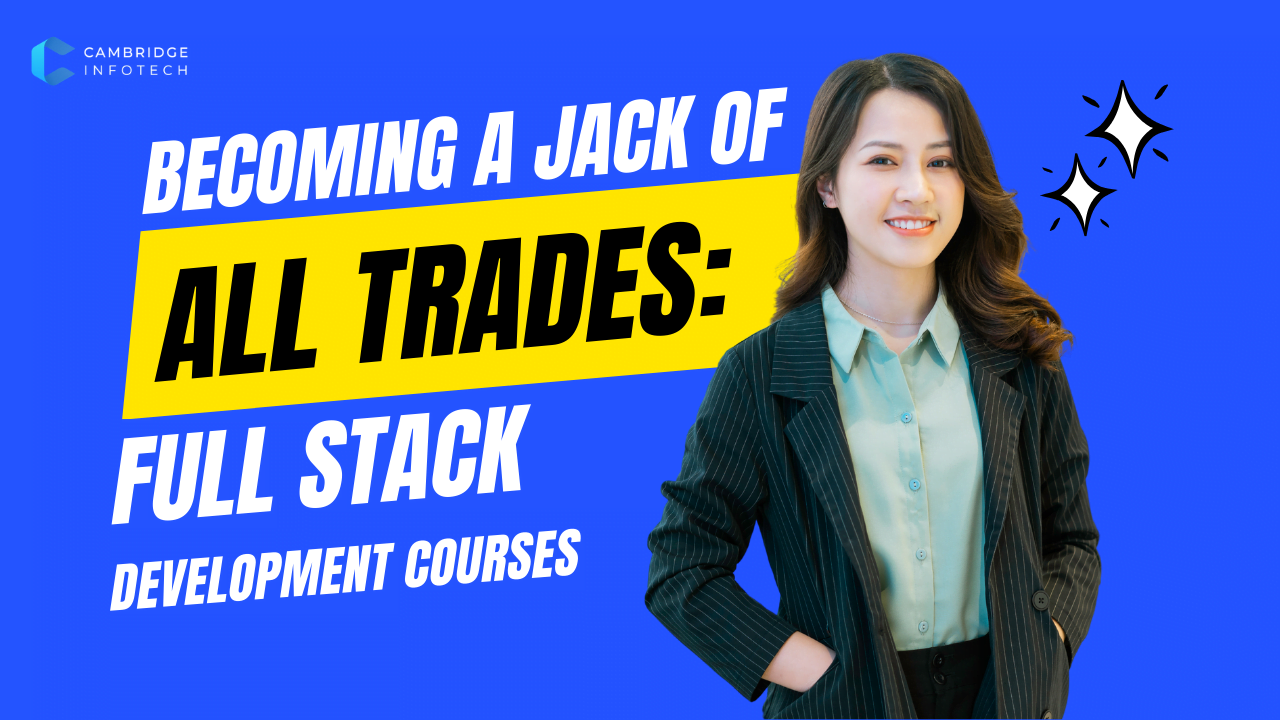
The Complete Guide to Mastering Full Stack Development: Navigate Your Path to Tech Versatility
Introduction: The Allure of Full Stack Development
Full Stack Development is like being the Swiss Army knife in the tech toolbox. It’s about having the skills to handle everything from the front end (what users see) to the back end (how it all works) of web applications. This versatility is not just impressive; it’s increasingly in demand in today’s job market. Why? Because companies love the efficiency of having someone who can navigate both the client-side and server-side aspects of projects. In this guide, we’ll walk you through what it means to be a Full Stack Developer, the advantages of becoming one, and the journey you’re about to embark on. So, sit back, grab a cup of your favorite brew, and let’s dive into the captivating world of Full Stack Development.
Unraveling the Layers of Full Stack Development
Frontend Mastery
The frontend is where the digital magic happens for users. It’s all about creating an interactive and user-friendly interface using the holy trinity of web development:
- HTML, CSS, and JavaScript: The fundamental building blocks for crafting websites.
- Frameworks and Libraries: Tools like React, Angular, and Vue.js spice up the development process, making it easier to create complex applications.
- Responsive and Interactive Design: This is about making sure your website looks good on any device – from desktops to smartphones.
Picture this: you’re designing a website that adjusts beautifully across devices, catching the user’s eye and making their experience seamless. That’s the power of mastering the frontend.
Backend Brilliance
Behind every great website is powerful backend development. It’s the engine room of web applications, composed of:
- Server, Database, and APIs: Understanding how servers interact with databases through APIs is crucial.
- Node.js, Django, and Flask: These are just a taste of the technologies that can power your backend.
- Ensuring Security and Data Protection: Essential practices to keep user data safe and secure.
Imagine keeping the data of millions of users safe or creating systems that can handle massive amounts of information instantaneously. That’s the thrill of backend development.
Crossing the Divide
To bridge the gap between frontend and backend, you’ll work on projects that involve:
- Integration Techniques: Learning how to make both ends meet in harmony.
- Version Control Systems: Using tools like Git and GitHub to manage changes and collaborate.
- Deploying Web Applications: Understanding how to make your application live on platforms like Heroku or AWS.
Think of it as conducting an orchestra where each musician plays a critical part, creating a symphony that’s music to the ears (or in this case, a delight to the user).
Navigating Full Stack Development Courses: A How-to Guide
Identifying Your Learning Path
Everyone learns differently, so it’s important to know what best suits you:
- Self-Learning vs. Structured Programs: Are you a lone wolf or do you thrive in a structured environment?
- Full-Time vs. Part-Time: How much time can you dedicate to learning?
- Online Courses vs. Bootcamps: Consider what fits your budget and career goals.
Choosing the Right Course for You
Picking the right course is like choosing the right tool for the job:
- Curriculum Depth and Breadth: Make sure it covers both frontend and backend thoroughly.
- Mentorship and Community Support: Having someone to turn to and a community to engage with can make all the difference.
- Job Placement Assistance: Look for programs that help you get your foot in the door post-completion.
A Checklist Before Enrolling
Before taking the plunge, make sure you’re ready:
- Prerequisites and Skill Level: Know where you stand and where you need to be.
- Financial Planning: Budgeting for your education is key.
- Time Management: Make sure you can commit the necessary time to succeed.
Success Stories: Inspiring Journeys in Full Stack Development
From Novice to Professional
Hear from those who’ve made the leap from learning to earning, overcoming obstacles, and marking milestones along the way. Their stories serve not just as inspiration but as a roadmap for your journey.
Bridging the Knowledge Gap
Transitioning careers? You’re not alone. Discover how full stack development opened new doors for others, from networking tips to balancing work and study.
Showcasing Achievements
Learn how to build a portfolio that stands out, from showcasing your best work to personal branding. Remember, landing your dream job starts with how you present your journey.
Charting Your Next Steps: Beyond Full Stack Development Courses
Continuous Learning
The tech world never stands still, and neither should you. Explore advanced courses, contribute to open-source projects, and stay engaged with tech communities to keep your skills sharp.
Career Pathways in Full Stack Development
Whether you’re eyeing roles in big tech firms, considering freelancing, or dreaming of starting your own venture, knowing your options is key.
Facing Challenges Head-On
Learn how to tackle common hurdles, from maintaining work-life balance to overcoming impostor syndrome, and keeping your motivation up for the long haul.
Conclusion: Embracing the Full Scope of Full Stack Development
You’ve got a glimpse into the multifaceted world of Full Stack Development – a journey filled with learning, challenges, and immense opportunities. The demand for skilled developers is only going to rise, making this the perfect time to dive in. So why wait? Your next step is clearer than ever. Pick a course, dedicate yourself, and remember, the world of tech is your playground.
Frequently Asked Questions (FAQs)
Q. How long does it take to become a full-stack developer?
A: It varies, but with dedication, you could be job-ready in as little as 6 to 12 months.
Q. Can I learn full-stack development on my own, or should I enroll in a course?
A: Both paths are valid, but a structured course can provide guidance and accelerate learning.
Q. What is the difference between a full-stack developer and a software engineer?
A: Full stack developers specialize in both frontend and backend of web apps, while software engineers may work on a broader range of software projects.
Q. How often should I be learning new programming languages or frameworks?
Stay current, but focus on mastering the fundamentals and technologies most relevant to your goals.

